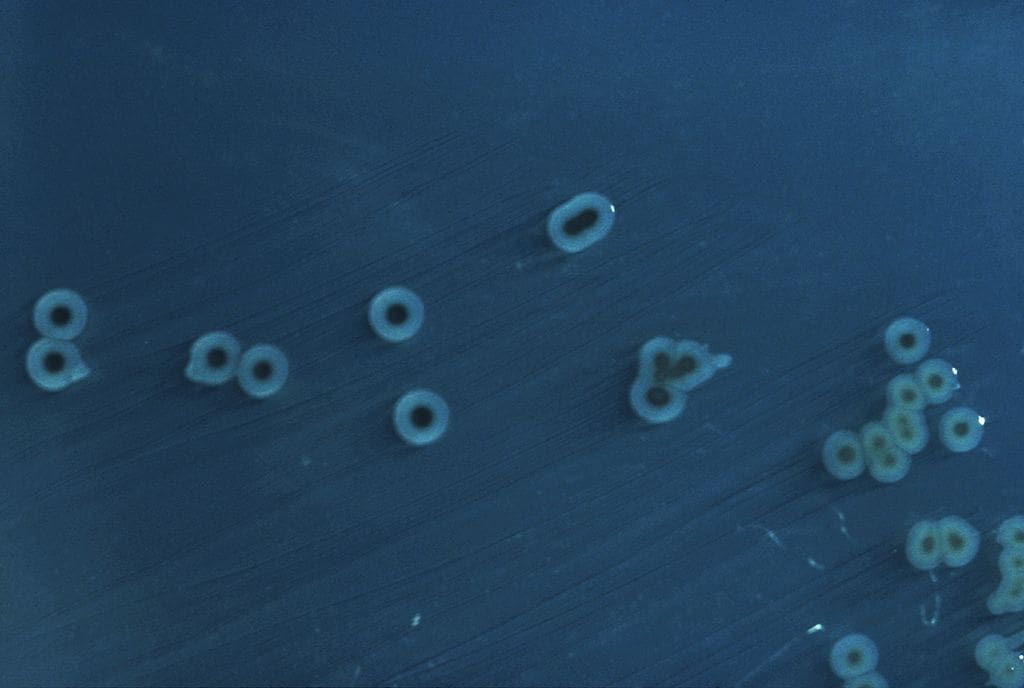Climate change is poised to elevate the risk of foodborne illnesses caused by Salmonella enterica, particularly through the consumption of raw produce, according to new research published today in Applied and Environmental Microbiology.
The study, conducted by researchers from the University of Wisconsin-Madison, highlights how increasing humidity – a likely consequence of climate change – can foster the growth of S. enterica on leafy greens, raising concerns for food safety.
Each year, S. enterica is responsible for 1.2 million cases of foodborne illness in the United States. While the bacteria can persist in soil and on various agricultural crops, it is particularly problematic on fresh produce. The study sheds light on how the pathogen interacts with plants, especially when those plants are already afflicted by bacterial diseases like bacterial leaf spot, caused by Xanthomonas hortorum pv. vitians.
“It’s not surprising that a host is altered by disease. What’s interesting is how these changes affect other members of the bacteria community, in addition to the pathogen causing the disease,” said Dr. Jeri Barak, a professor in the Department of Plant Pathology, University of Wisconsin-Madison, and the study’s corresponding author.
Dr. Barak explained that increased humidity further supports Salmonella‘s survival on plants, linking climate change directly to an increased risk of foodborne illness: “Climate change will increase the risk of foodborne illness from consumption of raw produce.”
In their experiments, the researchers infected lettuce with bacterial leaf spot and introduced S. enterica to the plants under varying conditions of humidity. They found that the timing of S. enterica‘s arrival on the plant significantly influenced its ability to survive and proliferate. Early arrival, during the plant’s defensive response to the bacterial leaf spot, limited Salmonella‘s growth. However, when Salmonella arrived during late stages of the plant disease, it was able to thrive, especially under high humidity conditions.
The research also revealed that S. enterica can internalize within lettuce leaves, making it harder to remove through standard sanitation processes like washing. This internalization is exacerbated by the water-soaking symptoms of bacterial leaf spot, which X. vitians causes.
Given that climate change is expected to increase the frequency and duration of humid periods, the study’s findings suggest that the risk of Salmonella contamination in fresh produce could rise, posing a greater public health challenge.
***
The American Society for Microbiology (ASM) is a leading professional organization for the life sciences, with over 32,000 members. ASM is committed to advancing the microbial sciences through research, education, and advocacy.
Journal Reference:
Dixon MH, Nellore D, Zaacks SC, Barak JD, ‘Time of arrival during plant disease progression and humidity additively influence Salmonella enterica colonization of lettuce’, Applied and Environmental Microbiology 10:e01311-24 (2024). DOI: 10.1128/aem.01311-24
Article Source:
Press Release/Material by American Society for Microbiology
Featured image: Colonies of pathogenic Salmonella enterica growing on an agar culture plate. Credit: Centers for Disease Control and Prevention | Public Domain




